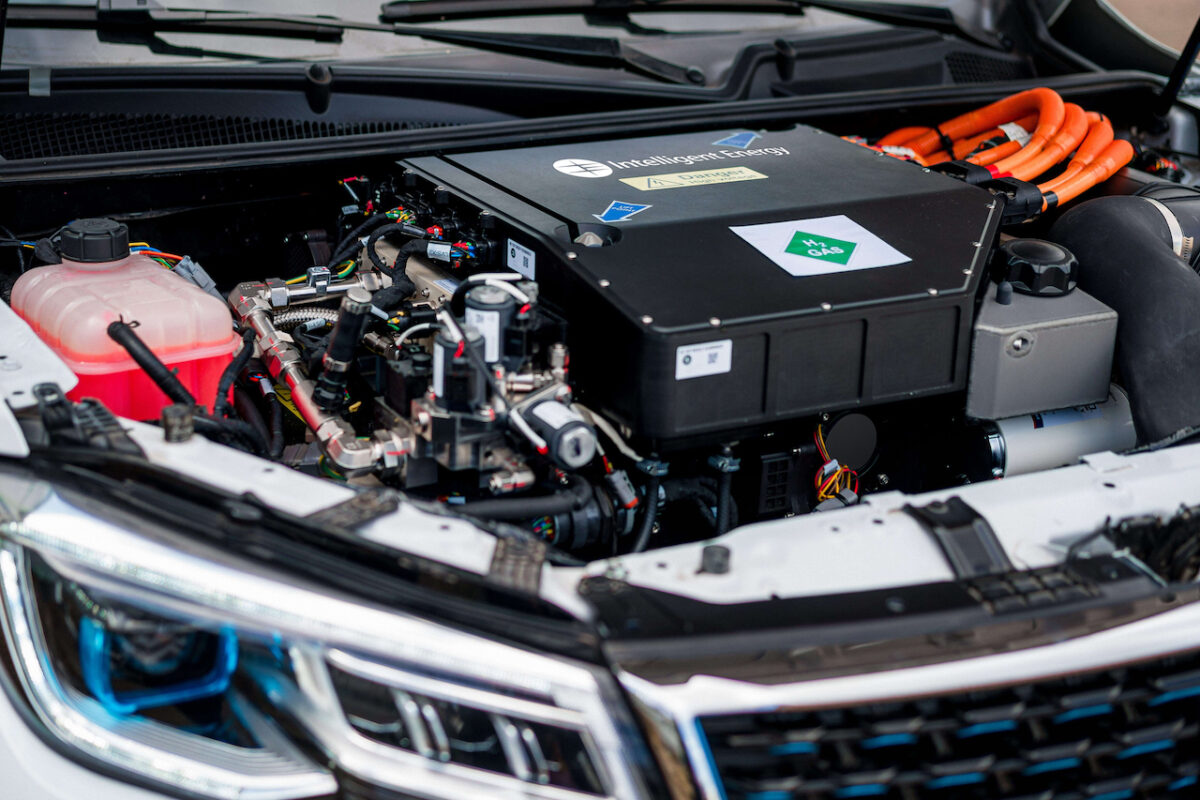New iterations of fuel cells are cheaper than ever before, but the cost of hydrogen must be addressed to maintain momentum.
While few automakers would dispute that electric vehicles (EVs) will play an important role in the future of mobility, there is still ongoing debate about the extent of each available powertrain’s individual contribution. Toyota’s Chairman Akio Toyoda predicted in January 2024 that batteries will only constitute 30% of the eventual mix, with the remaining balance made up from internal combustion engines, hybrids, and hydrogen fuel cells.
However, the latter is the only other zero-emission option that correlates with many countries’ impending Net Zero targets. The global hydrogen fuel cell market’s value is expected to grow from US$3.3bn in 2023 to US$8.7bn in 2028, according to MarketsandMarkets. The technology is praised for its range potential and low system mass, yet its value is negligible compared to the EV battery market—worth US$132bn in 2023 alone. Clearly, investors have yet to spot its full potential in the grand scheme of automotive.
By Will Girling
Source: www.automotiveworld.com


